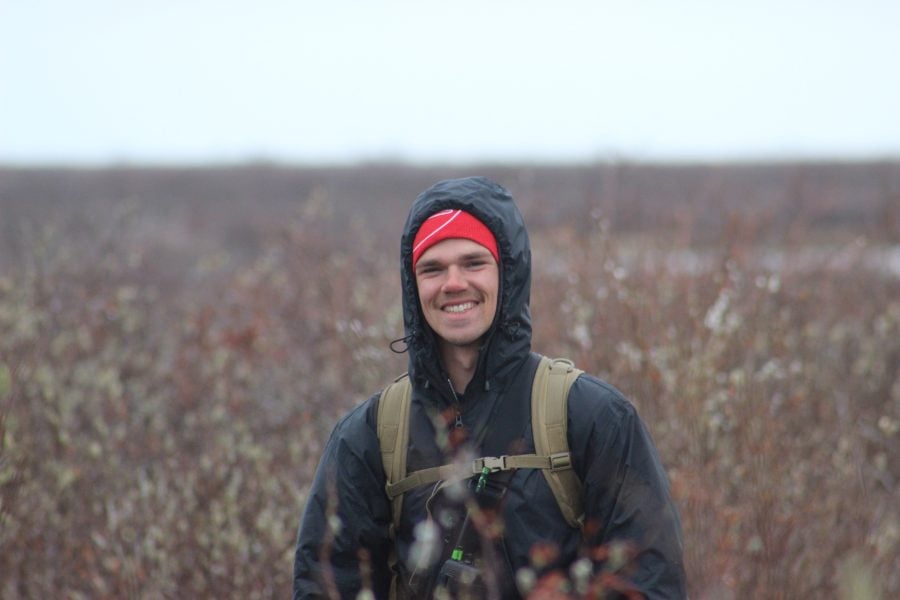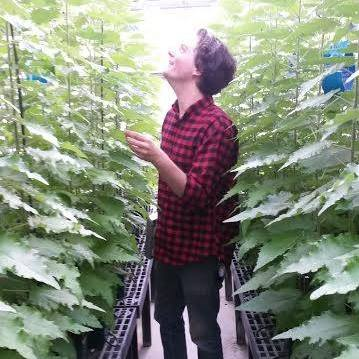I am a PhD student in the College of Forest Resources and Environmental Science and my main research interest is wildlife conservation and how we can utilize noninvasive methods to study and inform management of wildlife. For my PhD research, I am developing multiple noninvasive genetic methods to study the health of the recently introduced wolf population on Isle Royale.
Over the summer semester and with the support of the DeVlieg Foundation, I will be optimizing a set of molecular markers that will help us track the number of wolves occupying Isle Royale as well as the level of inbreeding within the population. With this information we can better understand the health of the wolf population through time and if interventions may be necessary. I cannot thank the DeVlieg Foundation and the Graduate Dean Awards Advisory Committee enough for their support.
Michigan Tech gratefully acknowledges support from The DeVlieg Foundation for the DeVlieg Summer Research Award.


